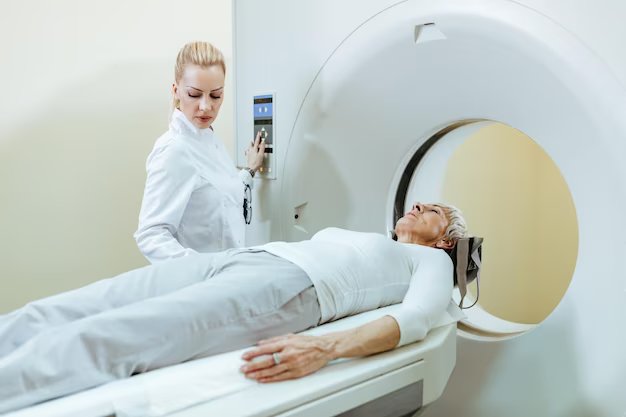Elevated MRI Enhancement Identifies Increased Cancer Risk in Women with Very Dense Breasts
Posted on 09 Aug 2023
Women with highly dense breasts are three to six times more likely to develop breast cancer than those with fatty breasts. Mammography is less sensitive in detecting early-stage breast cancer in dense-breasted women, as a result of which those aged 50 to 75 might benefit from supplemental MRI screenings. Background parenchymal enhancement (BPE) is another factor associated with breast cancer risk, though its significance compared to factors like age, body mass index (BMI), family history, and breast density remains less clear. Now, a machine learning model has identified BPE on breast MRI as a significant risk factor for breast cancer in women with very dense breasts.
To measure BPE's importance as a risk indicator, researchers at the University Medical Center Utrecht (Utrecht, the Netherlands) analyzed dynamic contrast-enhanced MRI exams from 4,553 women involved in the Netherlands-based Dense Tissue and Early Breast Neoplasm Screening (DENSE) Trial. The aim of the DENSE trial was to develop a deep learning model that could automatically identify the fibroglandular tissue. These MRIs were conducted biennially from December 2011 to January 2016 across eight Dutch hospitals. When accounting for age, BMI, and BPE, it was observed that breast cancer was more prevalent in women with higher volumes of enhancing parenchyma than those with low volumes.

Among the study participants, 122 were diagnosed with breast cancer, with about 63% diagnosed after the first round of screening. The average diagnosis time for the rest of the women was approximately 24 months. The study highlights a dilemma: while the implementation of supplemental MRI screening for dense-breasted women may catch cancers missed between regular mammography sessions, it also places a heavier burden on radiologists. To address this increased demand, personalized screening strategies might be necessary to alleviate the pressure on healthcare professionals.
"Thus far, studies on breast cancer risk factors have typically focused on women at high lifetime risk of developing breast cancer," said study co-author Kenneth G. A. Gilhuijs, Ph.D., from the Department of Radiology at the University Medical Center Utrecht. "This is the first study that we know of that demonstrates an association between background parenchymal enhancement and occurrence of breast cancer in women with extremely dense breasts."
Related Links:
University Medical Center Utrecht














